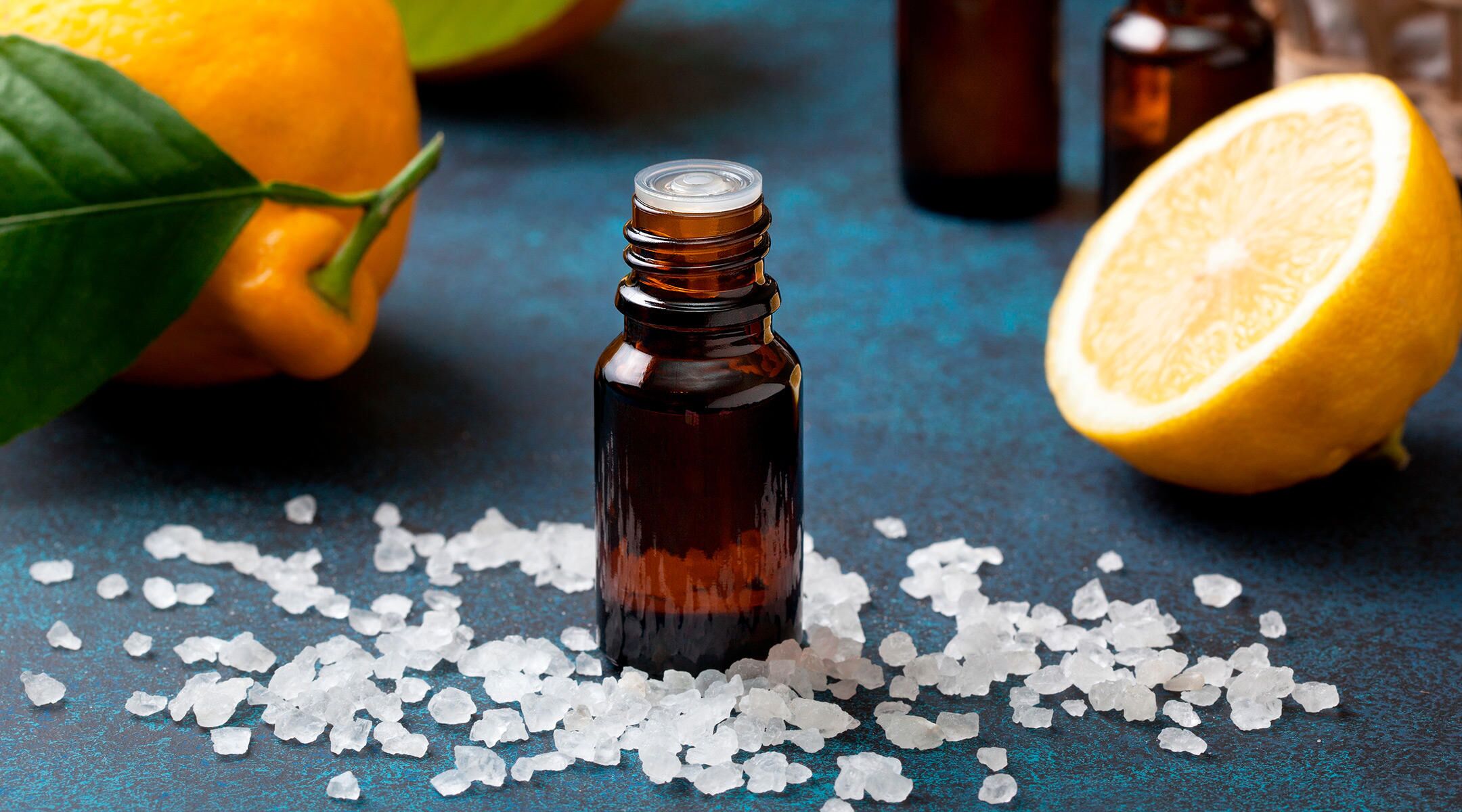
Pregnancy is an exciting time for families as they prepare their lives and their homes to care for a baby. However, it can also bring with it a lot of stress. Expectant mothers need to stay healthy and strong, and using essential oils is an effective and natural way to accomplish this.
Understanding the Benefits of Essential Oils During Your Pregnancy
Essential oils are produced by capturing a plant’s natural fragrances. These extracts are used in Young Living Essential Oils and other brands as treatments for the mind and body. The different types of essential oils provide aromatherapy benefits in a variety of ways during your pregnancy.
1. Cardamom
Cardamom, native to southern India, is a member of the ginger family that possesses a spicy and warm aroma. It helps relieve feelings of morning sickness and nausea for moms-to-be by blocking nausea receptors. Ginger is another essential oil from the same family that can also help prevent waves of nausea.
2. Frankincense
Frankincense has a musty, earthy smell. It has been an important oil used in religious practices dating back thousands of years. This fragrance helps promote relaxation and peaceful sleep, both of which are necessary for the health of expectant mothers. Other essential oils that can help stimulate calm include:
- Lavender
- Neroli
- Petitgrain
- Rosewood
3. Sandalwood
Sandalwood is part of the woodsy fragrance family. It originates from the wood and roots of the East Indian Sandalwood tree. This oil improves mood, making its use important to help prevent anxiety and depression for pregnant women. Alternatives that offer similar mood-boosting properties are geranium, lemon and wild orange.
There are some essential oils that you should avoid during your pregnancy, though, because they are either harmful or the study of their effects remains inconclusive. A few of these include:
- Basil
- Birch
- Mugwort
- Oakmoss
- Sage
- Thyme
- Wintergreen
Using the Essential Oils During Your Pregnancy
The first step in using any essential oils during your pregnancy is to have a conversation with a healthcare professional such as your obstetrician or midwife. If deemed safe, it is usually best practice to start with a small amount. This can be as little as a single drop on an absorbent tissue for you to naturally inhale. Then, as your tolerance to the smell increases, you can gradually add more.
During your pregnancy, it is best to avoid putting essential oils directly on your skin to avoid the possibility of an allergic reaction. If you do decide to apply it directly, though, there are some types that are more likely to irritate the skin:
- Bergamot
- Chamomile
- Jasmine
- Lemongrass
- Ylang-ylang
Unless directed by your physician, it is best to avoid ingesting essential oils while pregnant. You can still get many of the benefits by using it as aromatherapy or as a topical treatment.
Choosing the Right Essential Oils for Your Pregnancy
If your physician recommends essential oils for your pregnancy, there are a few important considerations to make during the selection process:
- Do your research. It is wise to purchase from companies that have established their credibility within the essential oil industry.
- Read the ingredients. Products of higher quality will include the Latin terminology, purity information and, of course, a list of the basic ingredients.
- Consider the container. Glass will withstand the high concentration of the oil over extended periods of time. Plastic, however, is more susceptible to dissolving which would contaminate the oil.
- Steer clear of perfume oils. These use synthetic fragrances that are not always suitable for aromatherapy.
- Factor in the cost. While it is smart to shop for a price that suits your budget, you don’t want to sacrifice the quality of the oil.
You want to remember your pregnancy as a healthy time in your life when you radiated strength, beauty and happiness. Using essential oils is a natural and safe way to help you succeed in reaching these goals.

